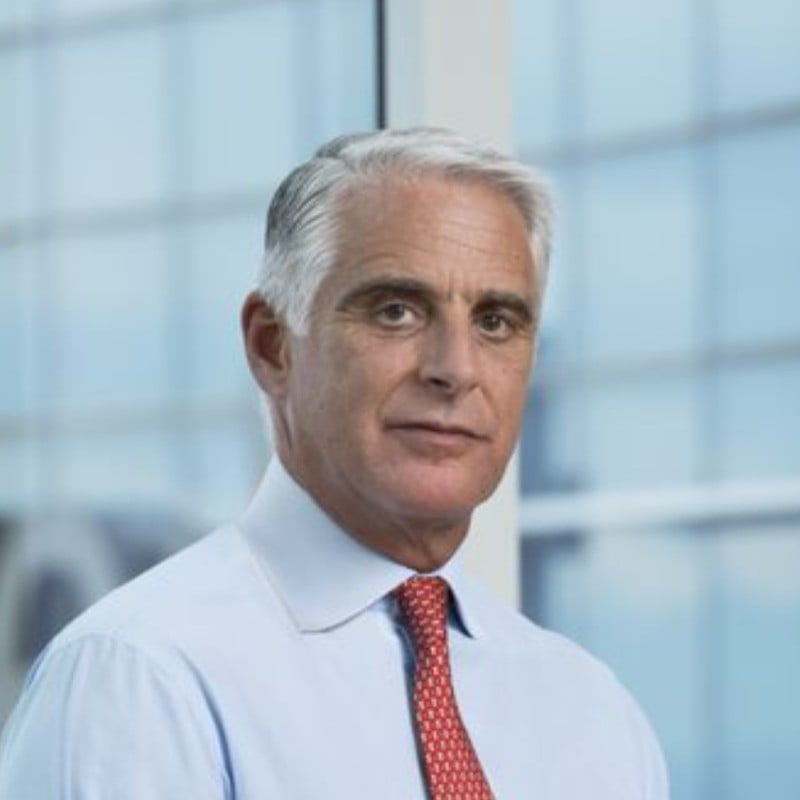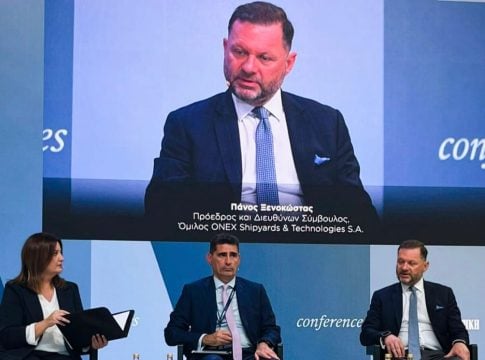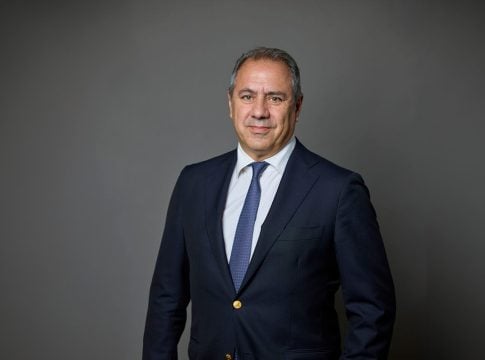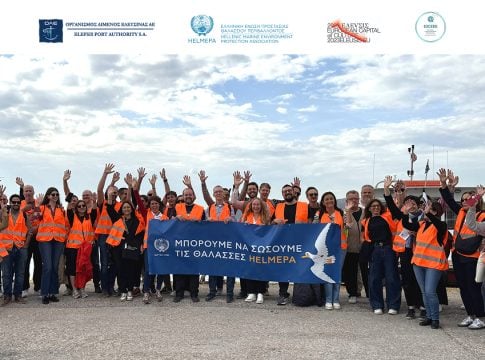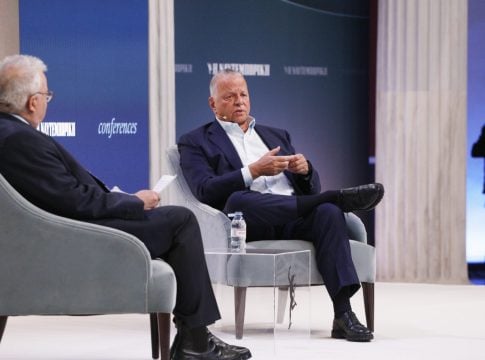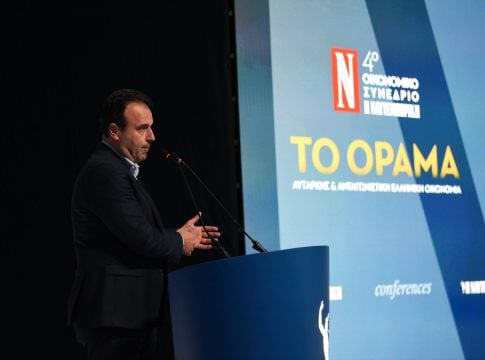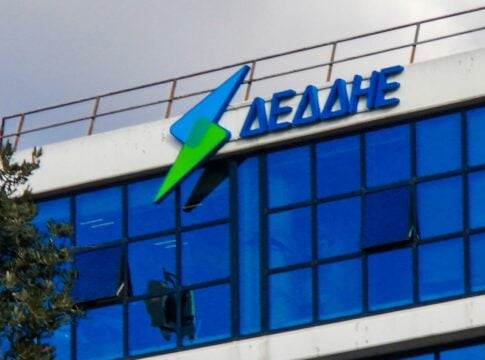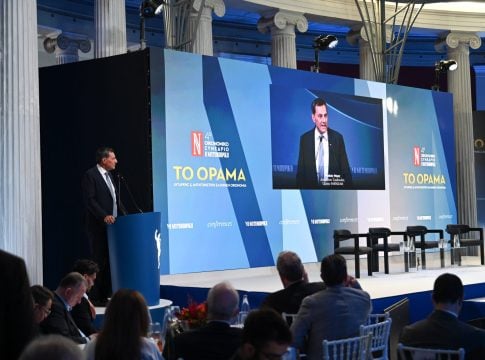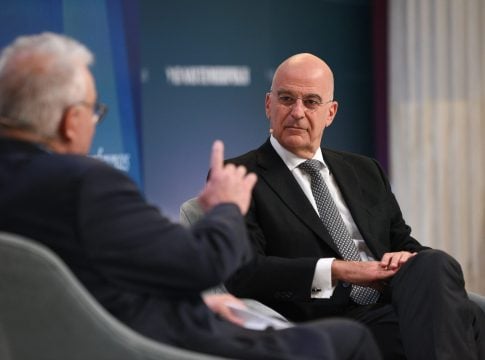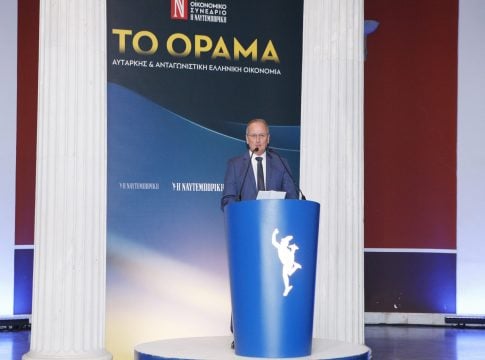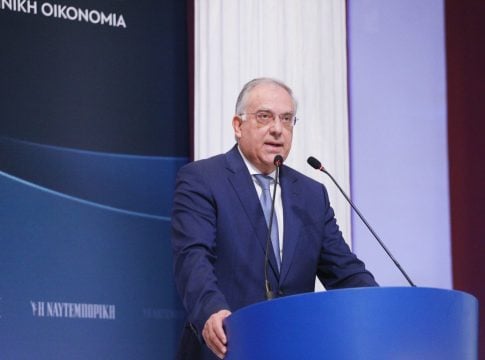OTE Group has streamlined its finances, created new sources of revenue, by expanding into areas such as IT and communications projects, and transformed itself into a modern technology company with Cosmote as a single commercial brand for services in fixed, mobile, internet and TV.
Its sound financial position allows it to implement significant investments in optical fiber networks, next-generation mobile, IT services and pay-TV, contributing to the modernization of the country’s infrastructure.
It is the largest investor in telecommunications (implements more than 60% of the sector’s investments) and one of the largest in the country (5 billion euros in the decade of the financial crisis and an additional 3 billion by 2027) while maintaining the largest market share.
It has installed about 80% of FTTH (fiber to homes and businesses) lines.
It contributes 2.7% of the GDP and creates approximately 75,000 direct and indirect jobs, while for the Deutsche Telekom Group it is the third largest company in contribution of adjusted earnings before interest, taxes and depreciation – adjusted EBITDA (AL) after U.S. and Germany.
In order for the business to be healthy, personnel costs were almost halved (in 2010 they were around 1 billion) through voluntary exit programs.
OTE consistently records one of the highest EBITDA margins (earnings before interest, taxes, depreciation and amortization) among companies in the sector in Europe.
It has returned more than 3 billion euros to its shareholders in dividends and share buybacks, while its capitalization almost doubled, reaching around 6 billion euros. The dividend for the year 2023 (indicative) increased by 23% and the total remuneration of the shareholders amounts to 450 million euros.
The Group has changed over the years because it has sold almost all its shares in foreign companies. It has only kept its share in the Romanian mobile operator, for which negotiations are underway.
Tsamaz has responded to the relevant criticism by noting that he could not have done otherwise.
All companies needed large investments to develop their networks, otherwise they would decay due to competition. After all, telecommunications businesses are capital intensive. If OTE kept them, even given the ten-year economic crisis in Greece, it would not meet the needs of developing modern networks in our country.
Tsamaz will be replaced by Kostas Nebis, who takes over as president and CEO of the Group from July 1, 2024.



